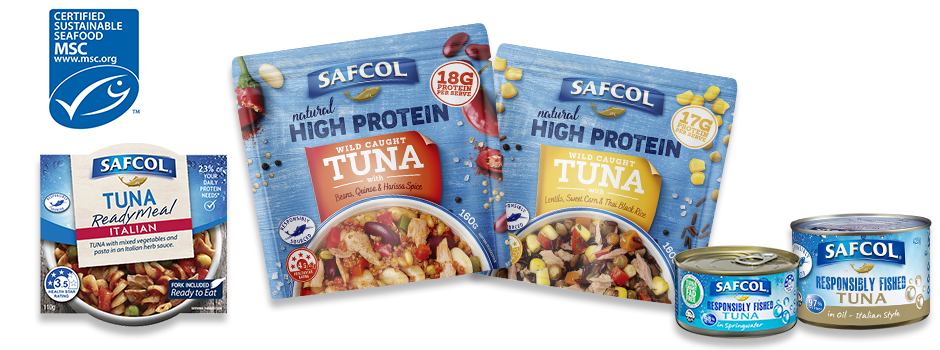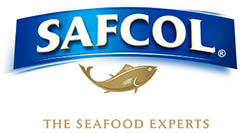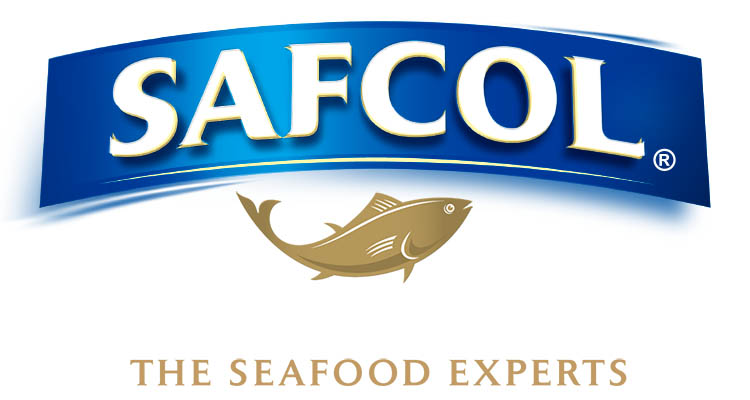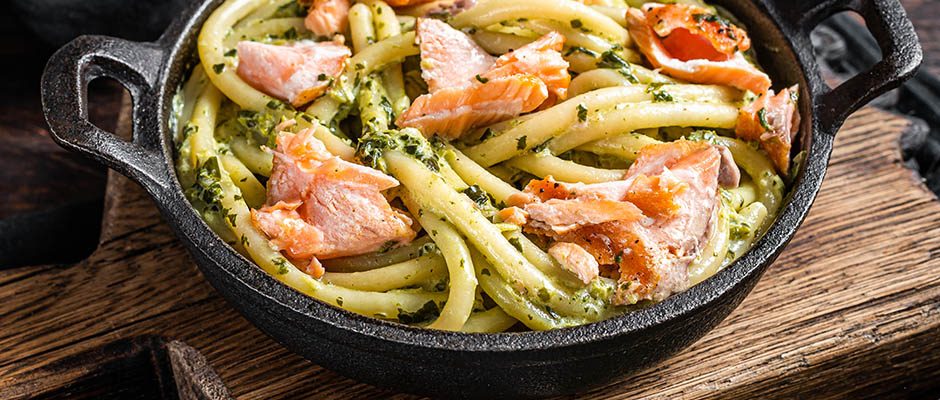by Ashleigh Feltham
Accredited Practising Dietitian and Accredited Nutritionist
High cholesterol can negatively impact your health if there is an imbalance of too much ‘bad’ low-density lipoprotein cholesterol, triglycerides and/or total cholesterol. Too much low-density lipoprotein cholesterol, triglycerides and/or total cholesterol can lead to thickening, narrowing and hardening of your arteries called atherosclerosis. This can cause several ill-health outcomes including stroke, heart attack and other forms of heart disease.
While there are some risk factors out of your control that increase your risk of developing high cholesterol such as genetics, there are many lifestyle choices you can make to help cut cholesterol. Promoting healthy cholesterol levels in your body is more about swapping food choices rather than stopping altogether. If you had to pick just one, the research clearly shows one winner: swapping saturated fat for polyunsaturated fat.
Research goes back as far as the 1950s and 1960s on the impact of reducing saturated fat and swapping it for more polyunsaturated fat types like omega-3 and omega-6 polyunsaturated fats. The pooled research clearly indicates that saturated fat has the biggest impact on increasing your cholesterol. Polyunsaturated fats have the biggest impact on lowering your cholesterol.
Research implies that if your diet consists of over 18% saturated fats and you swap this for polyunsaturated fats by an average of 8%, you will see a 30% lower risk of developing heart disease. Another study concluded that each 5% increase in polyunsaturated fat was linked to a 10% lower risk of heart disease.
Omega-3 and omega-6 fats both have a positive impact on reducing your cholesterol in research, and both are recommended alternatives if you aim to reduce saturated fats in your diet. The positive effect on your total cholesterol is evident whether you have had a cardiac event or not.
Saturated fats can be found in foods like butter, animal fat, full-fat dairy products, egg yolk, processed meats, pastries, cakes, cookies, coconut oil and pies. Good sources of omega-6 fats include nuts and seeds, sunflower and safflower oils. Omega-3 is best sourced from seafood like Safcol Seafood. This is because the components that make up this omega-3 fat are Eicosapentaenoic Acid (EPA) and Docosahexaenoic Acid (DHA). These are the forms of omega-3 fat that your body can use directly.
The plant-based forms of omega-3 fat, although still beneficial, provide a much lower amount of useable DHA and EPA. The plant form of omega-3 fat, called alpha-linolenic acid (ALA), needs to be converted to EPA and DHA. One to ten per cent is converted to EPA and 0.5-5% is converted to DHA.
For overall health, the recommendation is to include 100g of seafood two to three times a week. Try swapping an animal-based meal like sausages, bacon or fatty steak for one of the Safcol Seafood varieties. Consult the library of recipe ideas on the Safcol Seafood website to give you inspiration for any meal and snack of the day.
Try Creamy Salmon Spirals, Thai Sweet Chilli Tuna Rice Bowl or Sardine Pan con Tomate.
Take home message
A whole lifestyle approach is recommended to reduce your total cholesterol. If you are just beginning your journey towards a healthier heart and don’t know where to start, the most effective swap you can start off with is replacing saturated fats with polyunsaturated fats.

Reference:
- Hu et al. J Am Heart Assoc,2019;8 e013543
- Nicholls et al. JAMA, 2020;324(22) 2268-2280
- Sacks et al. Circulation. 2017;136(3):136:e1-e23
- Mozaffarin et al. PLos Med.2010;7(3):e1000252














Comments are closed.